Hanuman Stories: What Hanuman means for Modern Yogis
“Our deepest fear is not that we are inadequate. Our deepest fear is that we are powerful beyond measure. It is our light, not our darkness that most frightens us. We ask ourselves, 'Who am I to be brilliant, gorgeous, talented, fabulous?' Actually, who are you not to be? You are a child of God. Your playing small does not serve the world. There is nothing enlightened about shrinking so that other people won't feel insecure around you. We are all meant to shine, as children do. We were born to make manifest the glory of God that is within us. It's not just in some of us; it's in everyone. And as we let our own light shine, we unconsciously give other people permission to do the same. As we are liberated from our own fear, our presence automatically liberates others.”
— Marianne Williamson
Hanuman-ki-Jay!
Hanuman is the beloved monkey deity of the Hindu tradition. Mischievous, playful, powerful, and forgetful.
Hanuman is the son of the wind, Vayu, and has unique abilities. Like the ability to get very big and very small. To leap and fly. He has immense strength. For example, in one episode of the Ramayana, he carries a whole mountain to harvest a special herb that brings Ram and his army back to life.
Hanuman is so powerful that the gods make him forgetful. When he was a baby monkey, Hanuman thinks the Sun (Surya) is a big ripe mango. Hanuman leaps into the sky, intent on catching and eating Surya. In a moment of chaos and panic, Indra throws his Vajra (thunderbolt) at Hanuman, breaking his jaw and knocking him to the ground. Dead. Vayu sweeps up his son and carries him into a cave. In his distress, Vayu pulls the winds of the world into the cave with him, including Prana Vayu, the life force.
Without Prana, life starts to wither and die. The Devas (gods) intervene and agree to bring Hanuman back to life, under the condition that he would not remember his powers. He would be forgetful and ignorant to his true nature. He would only be able to access his power, strength, and abilities with SERVICE.
Under this veil of forgetfulness, Hanuman becomes a devotee of Ram, an incarnation of Vishnu, and helps Ram recover Sita from Ravana. (This is the story of the Ramayana (see below), which along with the Mahabharata is one of the great Indian epics).
As modern yogis, what can we learn from Hanuman? Well, Yoga says Hanuman is a lot like me and you. Inherently forgetful of our true nature and potential. Our power and abilities are best accessed with FAITH, SERVICE, and DEVOTION. Which sounds mystical and magical until you think of stories of mothers who performs superhuman feats to save their children. Or every day humans defying odds when in service to something bigger than themselves. Wim Hof is a living example (see videos below). And throughout history, when human beings tap into their faith, they change the course of countries. Easy examples are Gandhi and MLK.
Yoga is a practice to turn inwards, cultivate your faith and devotion, and connect to your power and potential. Because let’s be real, the world desperately needs a Durga-like-army-of-yogis. Times are tough. Things are chaotic. And for many people the world feels dark, difficult, uncertain, and painful.
As yogis, we have the great gift of practice. We have the unique opportunity of receiving teachings. And I believe we have a tremendous responsibility to give back. No daring, death defying feats or world changing vision required. But small, consistent, conscious action to add critical mass to the vision of a better world, the basket of goodness, the scales of kindness.
“Never underestimate the power of a small group of committed people to change the world. In fact, it is the only thing that ever has.”
- Margaret Mead
Use your practice to cultivate your inner strength. That quiet, calm, connected power of the yogi. There are Hanuman Tales classes in your Virtual Library. Check ‘em out.
Resources: If you’re curious about the Indian Epics, below is an overview of the Ramayana. There are some awesome Wim Hof interviews. For the Mahabharata, I recommend reading Jaya by Devdutt Pattanaik. A great Gandhi resource is Gandhi The Man by Eknath Easwaran. And from MLK, I recommend the book Strength to Love.
May your practice give you the wings of faith.

